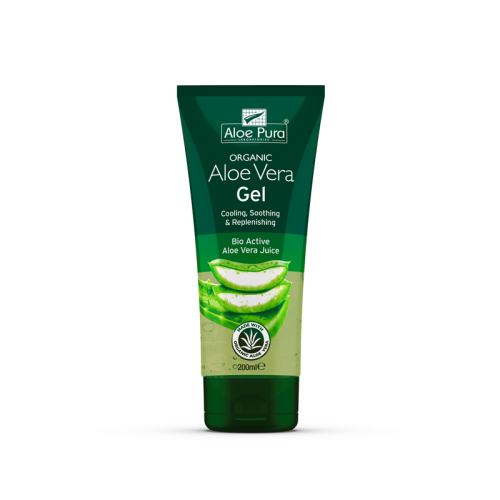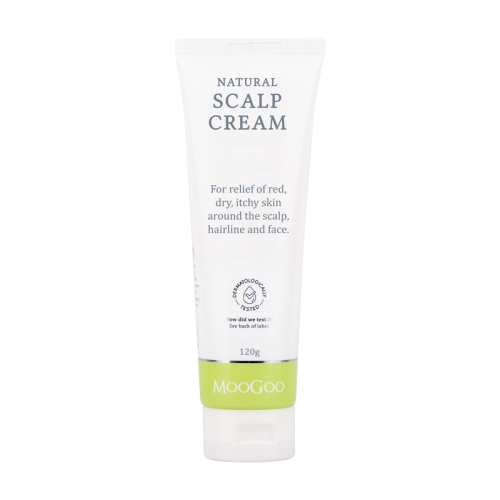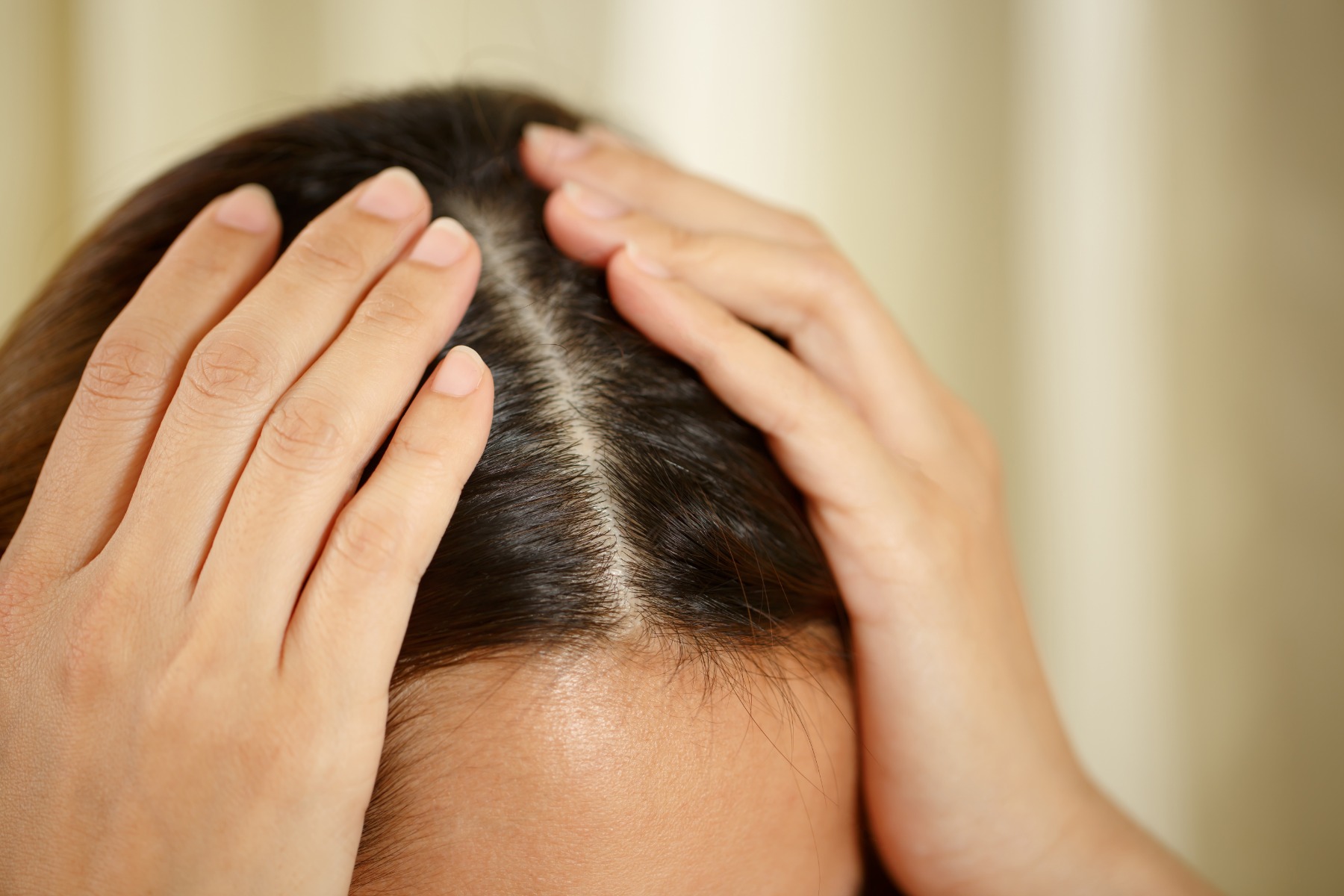

Photo Credit: "© [methaphum] / Adobe Stock
Dry scalp is a common problem, and most people experience it at some point in their lives. The condition is when the scalp loses too much moisture, making the skin itchy and flaky. It occasionally clears up by itself, but if left untreated, it can cause you to scratch your head excessively. This can make your scalp extremely painful, and you may require a remedy for itchy scalp.
How to know if you have a dry scalp
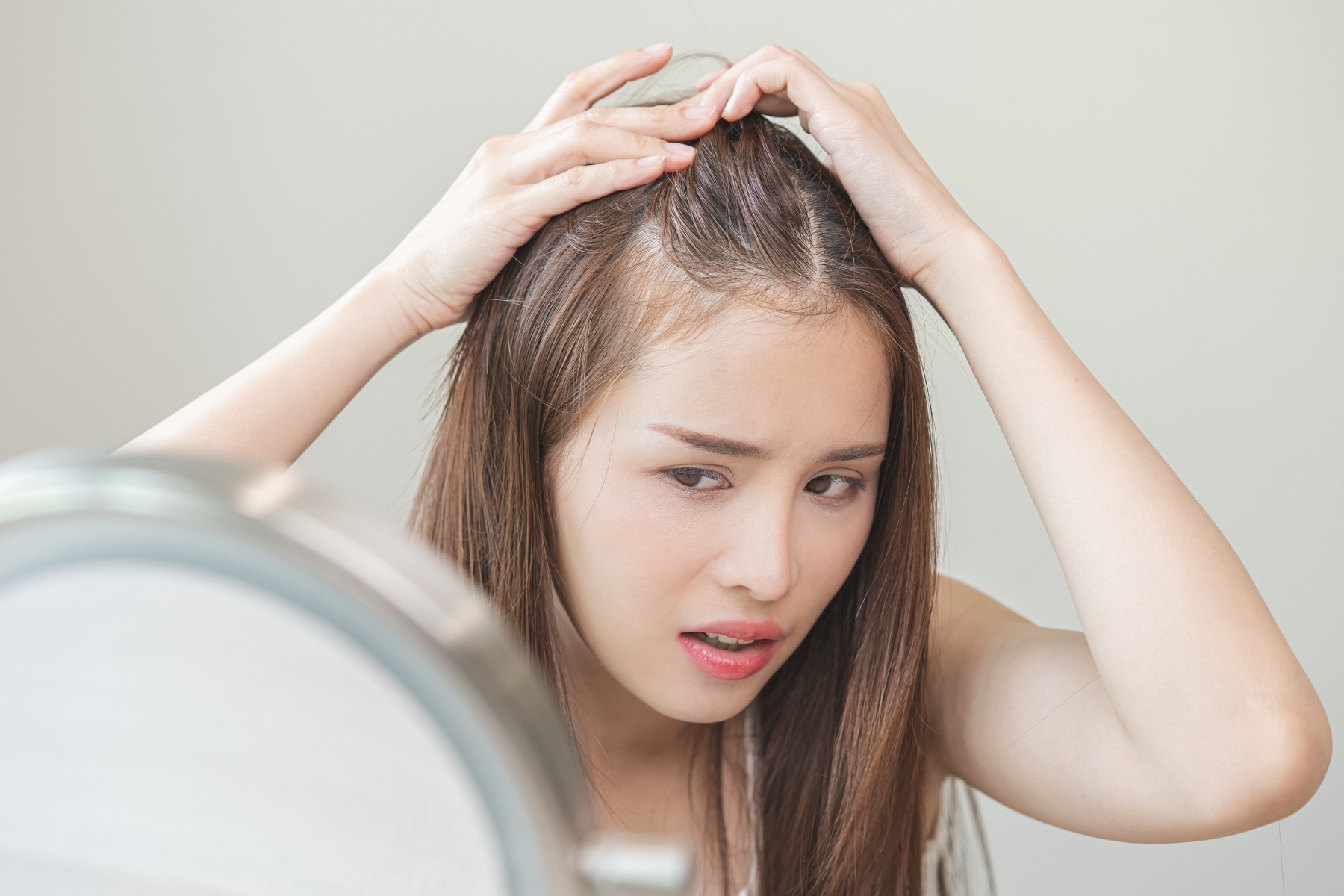

Photo Credit: "© [KMPZZZ] / Adobe Stock
There are many different types of scalp conditions, so how do you know if you have a dry scalp?
- Small white flakes - When you inspect your hair roots, can you see a collection of small white flakes? If so, it’s a sign you have a dry scalp. The white flakes are skin cells shedding. They may be nestled in your hair strands, or you might dislodge them when you scratch your head or brush your hair.
- You have an itchy scalp - Constantly scratching your head could be due to dry skin on the scalp. Scratching is one of the worst things you can do despite the temptation. You’ll likely create small lesions and blisters, aggravating your scalp further.
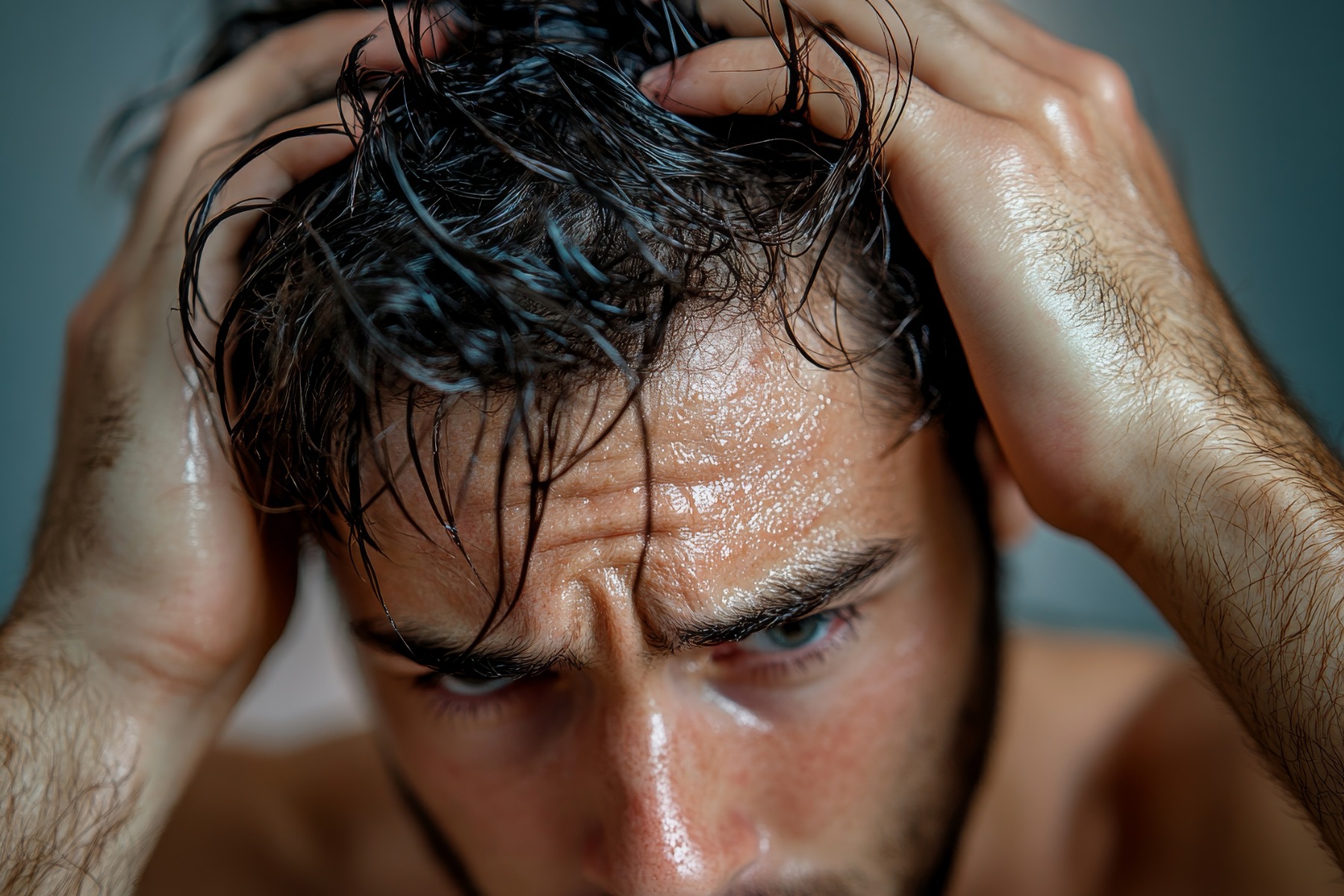

Photo Credit: "© [Snap Flare] / Adobe Stock
- You have flakes even after you’ve washed your hair - After you wash your hair, check if you can see white flakes shortly afterwards. If you can, a dry and itchy scalp may be the culprit.
- You have a dry or sensitive skin type - Those with naturally dry or sensitive skin on the face or body are more prone to a dry scalp. Signs of these skin types are eczema or negative reactions to skincare products.
Dry scalp causes
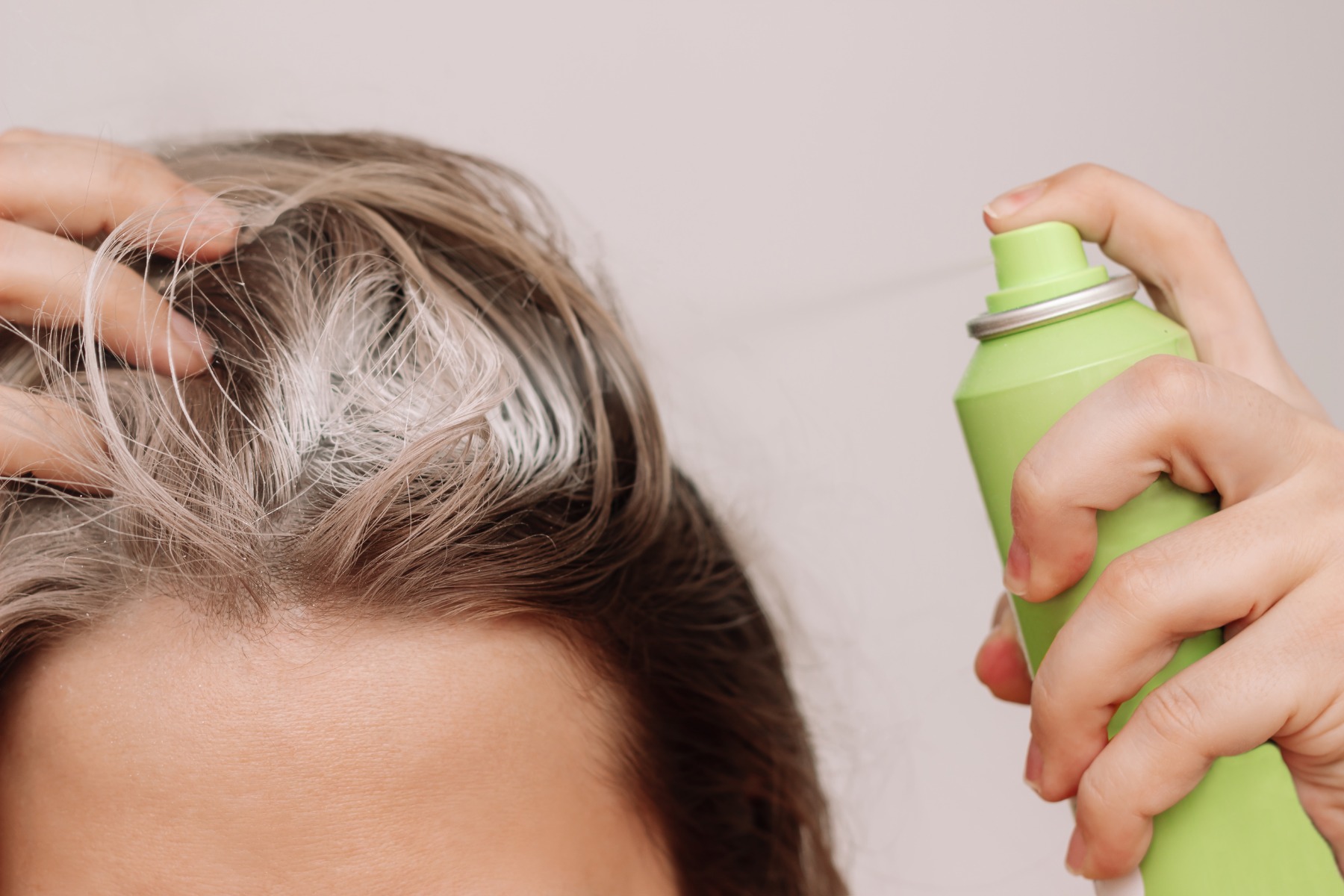

Photo Credit: "© [?????? ???????] / Adobe Stock
There are many causes of dry itchy scalp, which can vary from person to person. You may also have a dry, flaky scalp for different reasons throughout the year. Here are the most common reasons for a dry, itchy, and flaky scalp:
- Cold or dry weather
- Irritating hair products
- Inflammatory diet (e.g., high in salt and sugar).
- Stress
- Product buildup
- Dry or sensitive skin type
- Skin conditions like eczema or psoriasis
Read more: Will eczema clear up on its own?
Best dry scalp treatments
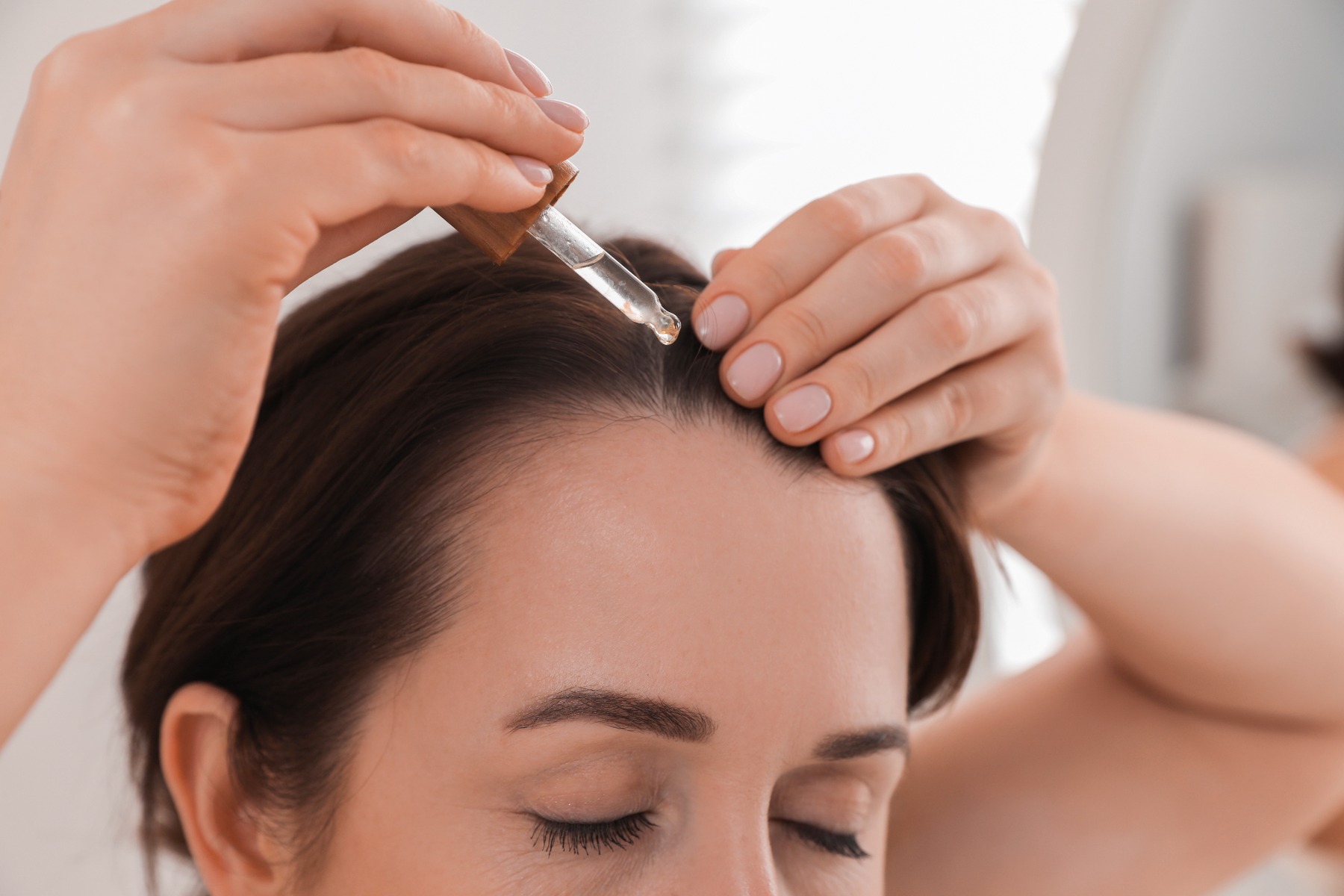

Photo Credit: "© [New Africa] / Adobe Stock
As long as you know what to do, you can treat a dry scalp reasonably quickly. Below are some tips for an itchy, flaky scalp.
Wash your hair with gentle and moisturising ingredients
Some ingredients can be too harsh or irritating for the scalp. Switch up your hair care and test shampoos that cleanse the scalp gently.
Use a hydrating scalp treatment
An excellent flaky scalp remedy is applying a scalp treatment that replenishes moisture and soothes inflammation.
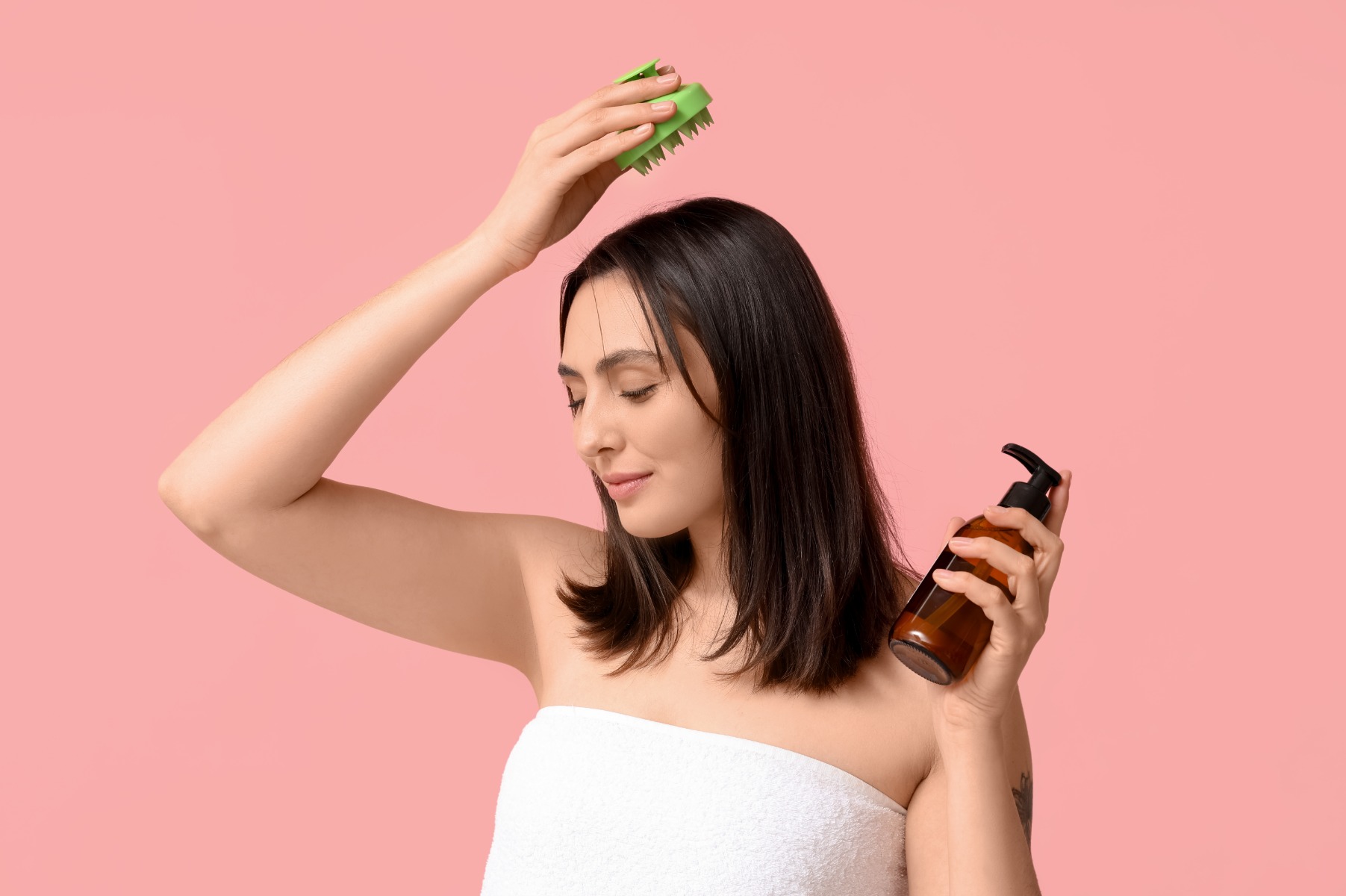

Photo Credit: "© [Pixel-Shot] / Adobe Stock
Skip the synthetic fragrance
Opt for natural fragrances or fragrance-free products when you can to avoid irritating substances that may cause inflammation and an itchy scalp.
Wash hair after using products on your hair strands
It’s fine to use products like dry shampoo, hair gel, and mousse. These mainly stick to the hair strands. But sometimes, they can distribute onto your scalp, so ensure that you wash your hair regularly to prevent any buildup.
Wash your hair more often
If you’re only cleaning your hair once a week and your scalp is incredibly itchy between washes, wash your hair more regularly. This will remove sweat, grime, and dead skin cells that collect on the scalp.


Photo Credit: "© [https://peopleimages.com/] / Adobe Stock
Don’t wear a hair towel for too long
When you’re struggling with a dry scalp, it’s best not to leave your hair in a damp environment. This can cause bacteria growth, making the skin itchy.
Don’t go to bed with wet hair
Similarly to leaving a hair towel on for too long, going to bed with damp hair can cause fungi or bacteria growth. Although not technically a dry scalp, it can make you scratch like crazy.
Use a hair dryer to dry your scalp rather than leaving it to air dry
Cold air can dry out your scalp, making the skin inflamed and itchy. If it’s winter, use a blow dryer on a warm setting to dry your roots instead of leaving the skin damp and cold.
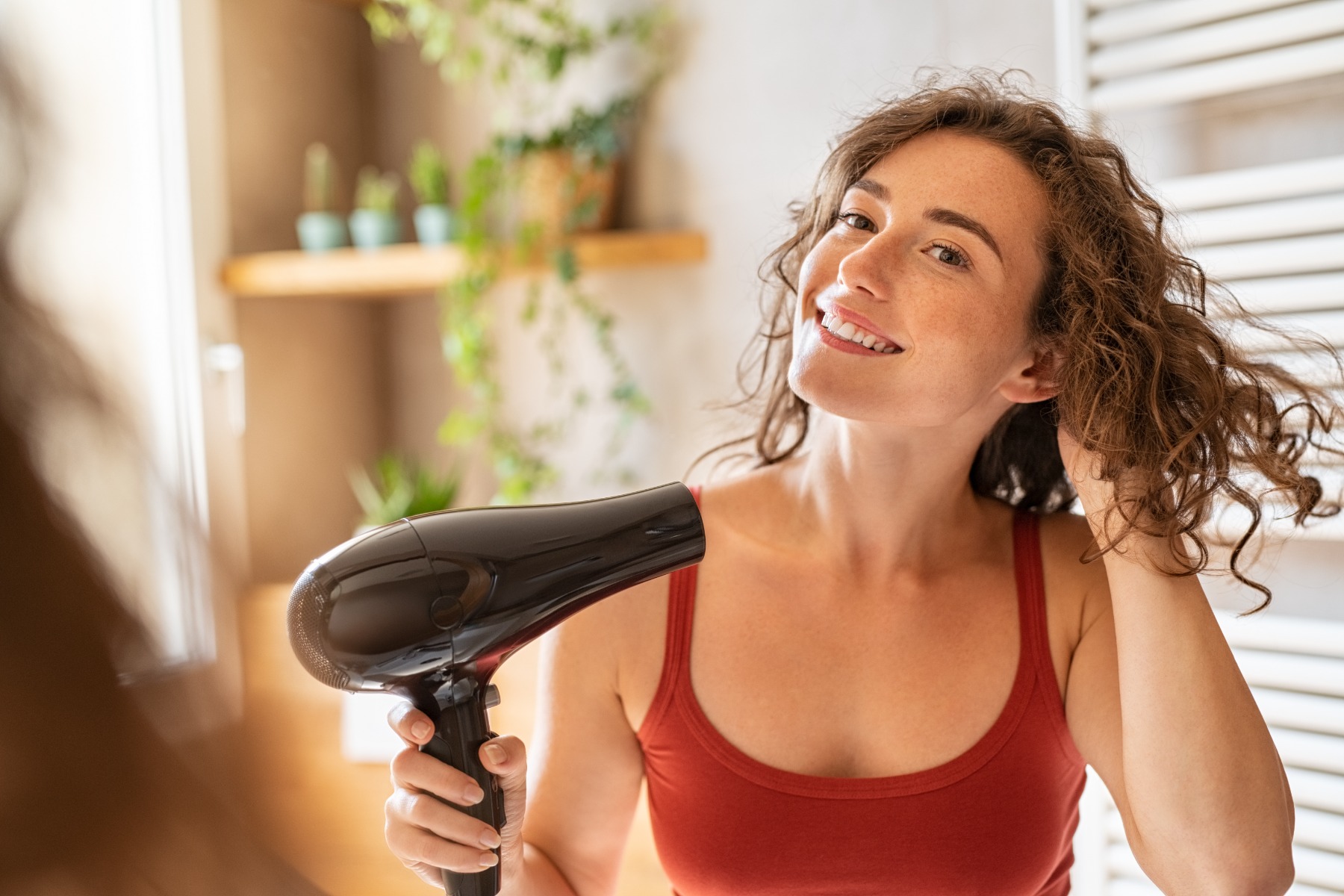

Photo Credit: "© [Rido] / Adobe Stock
Don’t use a hair dryer on a high heat setting
Although it’s beneficial to dry your roots with a hair dryer rather than leaving them damp, it’s equally important not to blast your scalp with heat. This can leave your skin parched of moisture, making the flaking and itching worse.
Best itchy scalp treatment products
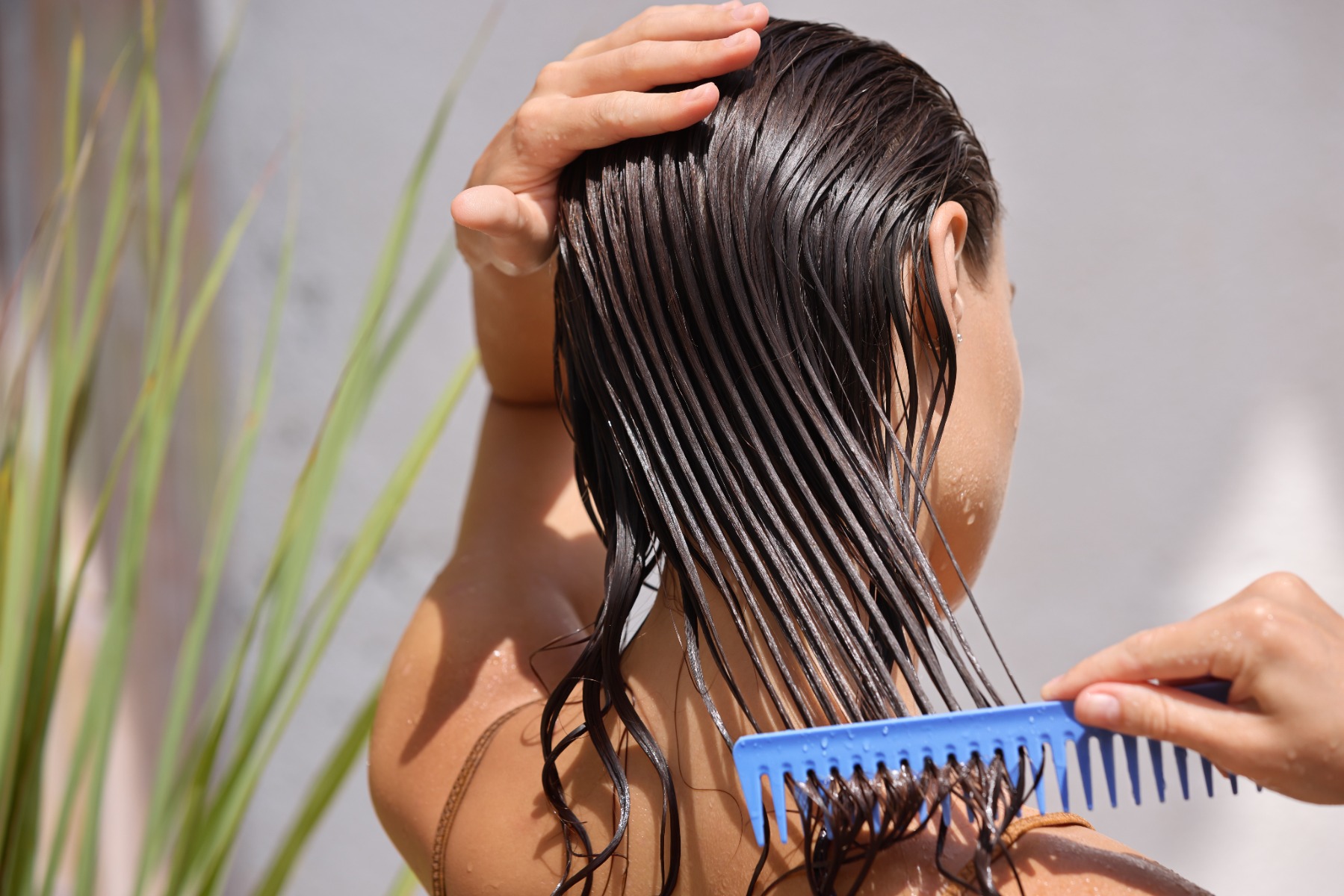

Photo Credit: "© [puhhha] / Adobe Stock
For many people, the hair products they use can cause an irritated, dry scalp. Below are our product recommendations for an itchy scalp.
Best scalp treatment for dry scalp
A great way to tackle a flaky, scaly scalp is to use a product directly on the skin. MooGoo Scalp Cream is a fantastic moisturising scalp treatment. The dry scalp remedy uses calming ingredients like sweet almond oil, coconut oil, olive oil, squalene, vitamin E, and aloe vera. They hydrate the skin while simultaneously creating a lightweight seal over the derma barrier to lock in moisture.
Best dry scalp shampoo
Once you’ve treated the scalp skin directly, use a shampoo for flaky scalp. Faith In Nature Aloe Vera Shampoo is formulated with the conditioning ingredient aloe vera to leave your dry skin hydrated and your roots silky smooth.
If it’s fragrance that causes scalp flare-ups, try a Fragrance-Free Shampoo. It’s another great dry, itchy scalp shampoo that minimises irritation, redness, and those dreaded white flakes.
Best natural remedy for dry scalp
If you’re looking for a home remedy for dry scalp, you need aloe vera. The aloe vera plant is well renowned for its anti-inflammatory and hydrating properties. It draws water molecules from the air to moisturise dry skin, soothe the scalp, and reduce itching. Apply a small amount of Organic Aloe Vera Gel to your dry scalp until it clears.
Treat a dry, flaky scalp with Grape Tree
Skip damaging hair care and irritating ingredients. Instead, implement the proper practices to treat dry scalp and use a dry, flaky scalp treatment to soothe your skin. Clear up your dry scalp and let your hair flourish.
